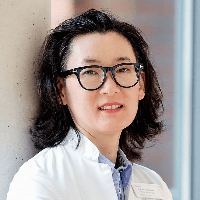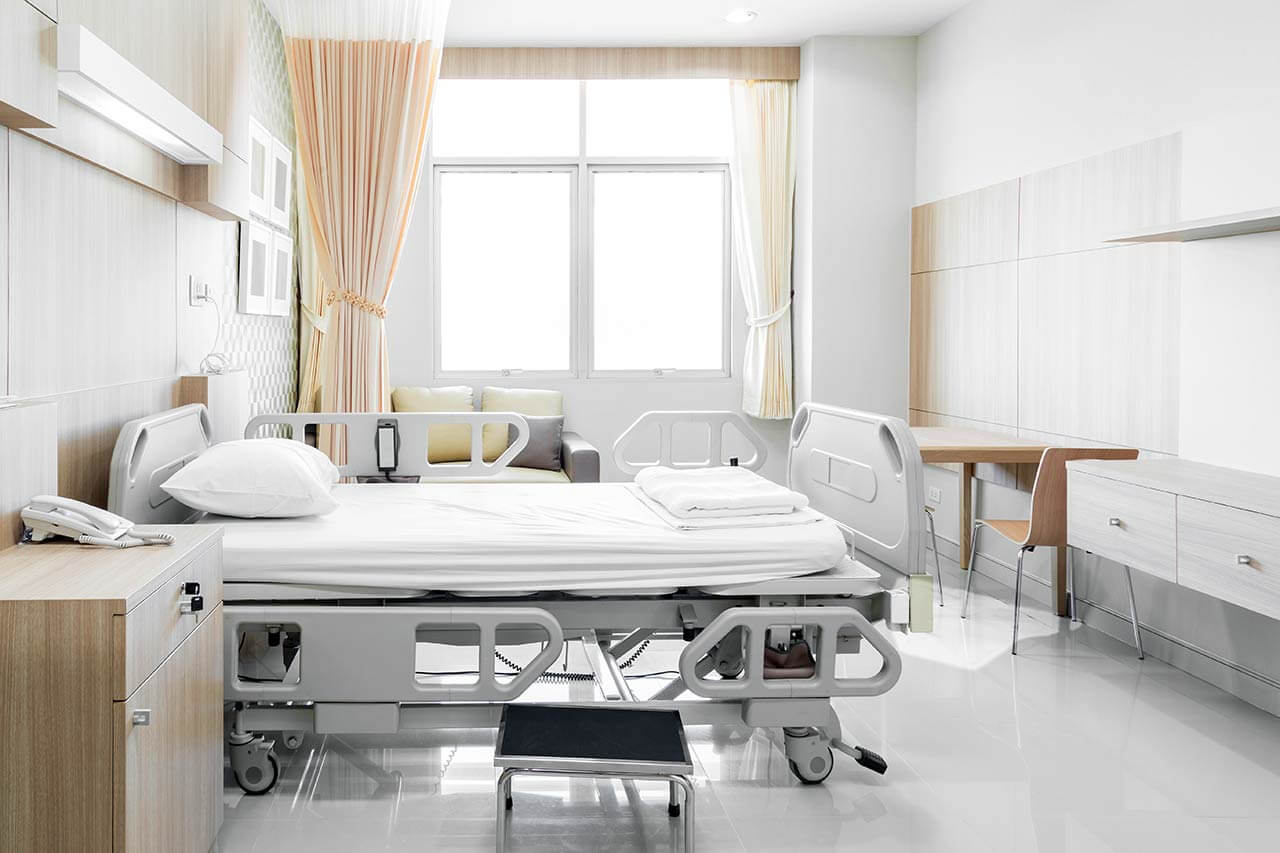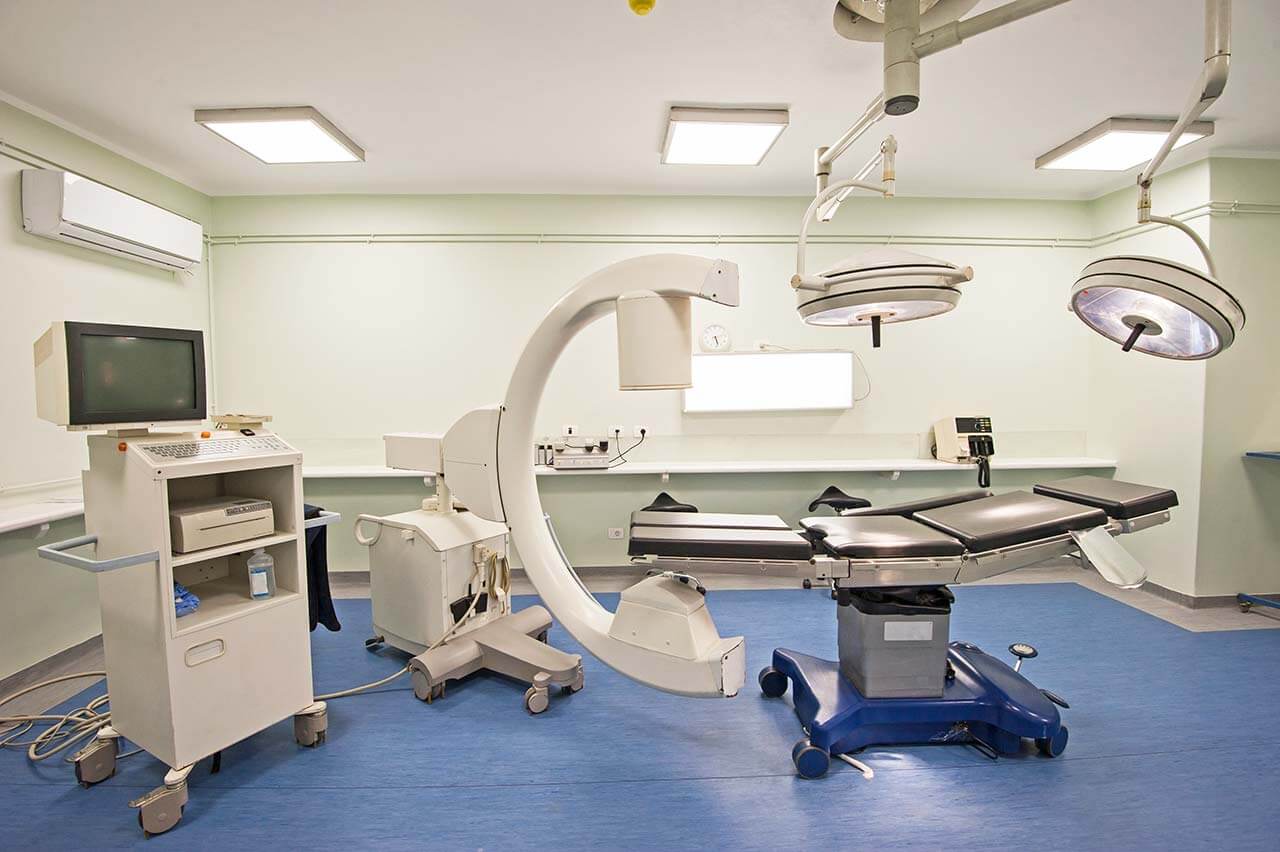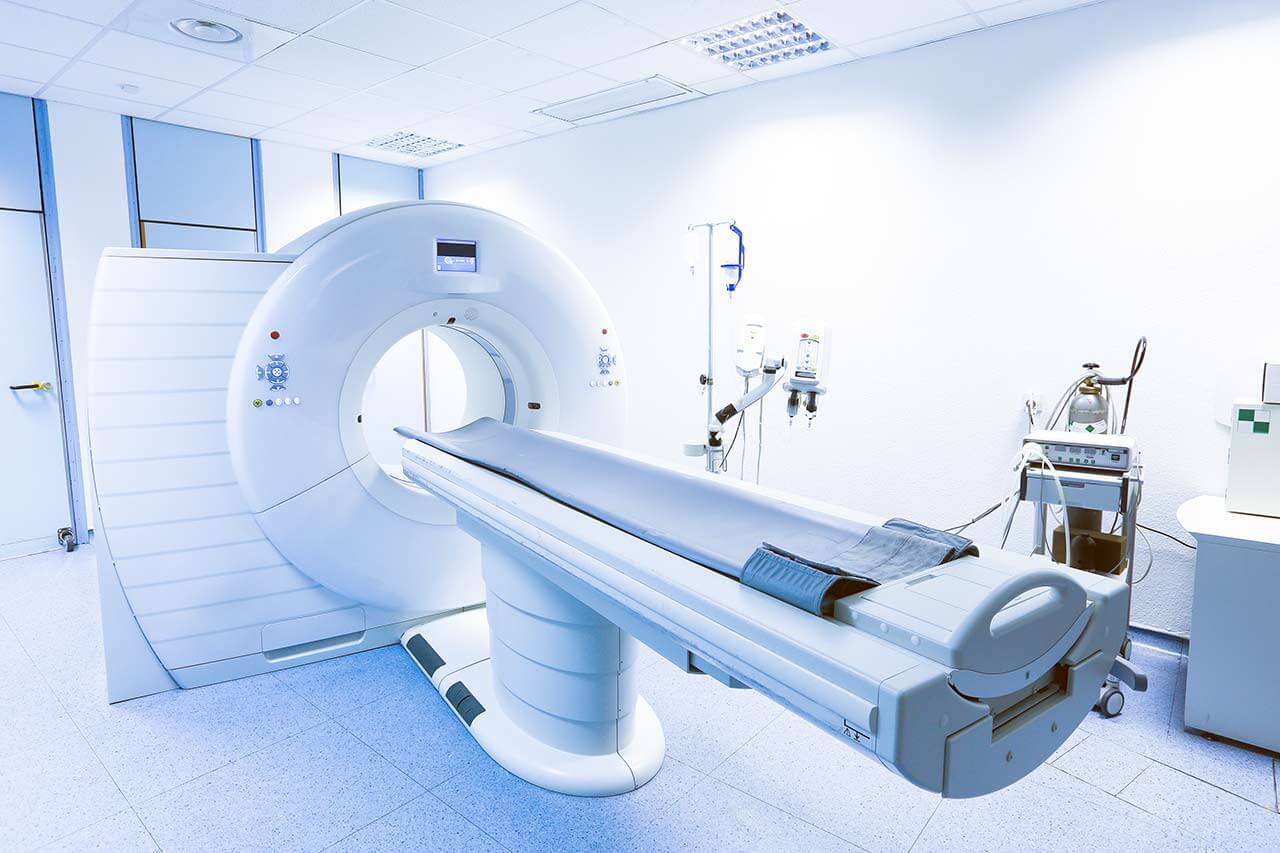
The program includes:
- Initial presentation in the clinic
- clinical history taking
- review of medical records
- physical examination
- laboratory tests:
- complete blood count
- general urine analysis
- biochemical analysis of blood
- inflammation indicators (CRP, ESR)
- indicators blood coagulation
- neurological examination
- functionality x-ray
- neuropsychological tests (on indications):
- ENMG (electroneuromyography)
- SEPs (somatosensory evoked potentials)
- CT/MRI of the spine
- myelography
- preoperative care
- decompressive laminectomy (2-3 segments)
- postoperative control
- symptomatic treatment
- control examinations
- the cost of essential medicines and materials
- nursing services
- full hospital accommodation
- developing of further guidance
Service
You may also book:
 BookingHealth Price from:
BookingHealth Price from:
About the department
The Department of Neurosurgery at the Helios Hospital Berlin-Buch offers the full range of surgical treatment of diseases of the central and peripheral nervous system. The department's surgeons have special competencies in the treatment of neurological cancers. A unique offer of the department is transcranial magnetic stimulation, which is highly effective in the treatment of paraplegia, stroke, chronic pains and depression. Neurosurgical interventions are carried out in state-of-the-art operating rooms equipped with high-precision navigation and monitoring devices, which eliminate the risk of damage to functionally important structures during the operation. The department is headed by PD Dr. med. Yu-Mi Ryang.
One of the department's priority focuses is the treatment of brain tumors. The department's neurosurgeons mostly have to perform operations for glioma removal. The department has extensive and successful experience in the treatment of such neoplasms. In most cases, it is impossible to completely remove the tumor, but the operation helps to significantly alleviate the symptoms and improve the quality of life of the patient. In addition, meningioma is a common diagnosis. Due to the features of growth, the doctors can often completely remove meningioma.
The tasks of the department include operations to resect skull base tumors. Many interventions can be performed using minimally invasive techniques. For example, when treating pituitary adenoma, the doctors do not perform skin incisions, since surgical access is provided through the nasal cavity. Once surgical treatment is completed, the patient is prescribed necessary follow-up imaging examinations to assess the result of the operation.
An important role in the clinical practice of the department is also given to the treatment of spinal diseases. The service range covers minimally invasive, microsurgical and classic open interventions. Of particular interest is the treatment of patients with chronic back pain, herniated discs and spinal tumors. The neurosurgeons widely apply the TESSYS endoscopic procedure, stabilizing, fusion interventions. The specialization also includes intervertebral disc replacement surgery.
The main focuses of the department's activities include:
- Surgical treatment of brain tumors (focus on gliomas and meningiomas)
- Surgical treatment of skull base tumors
- Spinal surgery
- Periradicular therapy
- Implantation of dynamic intervertebral spacer to treat intervertebral disc degeneration
- Endoscopic intervertebral disc surgery
- Posterior lumbar interbody fusion
- Cervical disc replacement surgery
- Interventions to treat rare diseases of the spine and spinal cord
- Transcranial magnetic stimulation (innovative non-surgical technique for the treatment of paraplegia, stroke, chronic pain and depression)
- Osteoporosis treatment using kyphoplasty
- Minimally invasive interventions to treat brain aneurysms (coiling)
- Other surgical options
Curriculum vitae
Education
- 1992 - 1999 Faculty of Medicine, Ruhr University Bochum, Germany.
- 1999 - 2010 Department of Neurosurgery (under the guidance of Prof. J.M. Gilsbach), University Hospital Aachen, Germany.
- 2005 Board certification in Neurosurgery, Medical Association of North Rhine (ÄKNO), Germany.
- Doctoral thesis defense, Ruhr University Bochum, Germany.
- Habilitation. Subject: "New therapeutic agents, which have a neuroprotective effect due to the effect on signaling pathways in experimental ischemic and mechanical injuries of the brain in vivo and in vitro", Faculty of Medicine, Technical University of Munich, PD.
Professional Сareer
- 2010 - 2019 Neurosurgeon and Deputy Head of the Department of Neurosurgery at the University Hospital Rechts der Isar Munich, Germany.
- Since 2019 Head of the Department of Neurosurgery at the Helios Hospital Berlin-Buch.
Qualifications
- Optional training in Intensive Care.
- Basic Certificate for the Treatment of Spinal Diseases, German Spine Society.
- Master's Certificate in Spinal Diseases, German Spine Society.
- Certificate in Spinal Neurosurgery, German Society of Neurosurgery.
- Certificate in Special Neurosurgical Oncology, German Society of Neurosurgery.
- Theoretical bases of the specialty in Radiation Protection.
Membership in Professional Societies
- German Society of Neurosurgery.
- German Spine Society.
- German Cancer Society.
- Working Group on Neuro-Oncology.
- Congress of Neurosurgeons.
- European Association of Neurosurgeons.
- Neurosurgical Academy (EORTC EUROSPINE NCA).
Scientific Career and Work in Committees of the Organizations
- Scientific Committee, Section of the Spinal Surgery, German Society of Neurosurgery.
- Scientific Committee of the European Association of Neurosurgical Societies.
- Certification Committee of the Academy of Neurosurgery.
- EUROSPINE Education Committee.
Prizes and Honors
- 2018 Research Prize of the Austrian Spine Society.
- 2018 IPCAI Bench to Bedside Award.
- 2017 Bone Joint J. Award.
- 2017 Award for Best Work of the Year (Acta Neurochirurgica Best Paper of the Year in Spine).
- Young Academics Prize of the German Spine Society.
Surgical Experience
- More than 5000 performed operations.
- More than 1,500 interventions on the brain and skull base.
- More than 1800 operations on the spine.
Photo of the doctor: (c) Helios Klinikum Berlin-Buch
About hospital
According to the reputable Focus magazine, the Helios Hospital Berlin-Buch ranks among the top medical facilities in Germany!
The hospital is proud of its rich history, which dates back over 100 years, as well as the status of a maximum care medical center with exceptionally high success treatment rates. The medical institution is an academic hospital of the Charite Medical Complex, which is one of the best in Europe and around the world. To provide its services to patients, the hospital has over 1000 beds, over 60 specialized departments, centers and institutes, including emergency service and a helipad, as well as 23 state-of-the-art operating rooms.
The medical institution presents almost all branches of modern medicine, many of which are certified by professional German societies (for example, certification of the German Cancer Society, German Diabetes Society).
The hospital diagnoses and treats about 52,000 inpatients and more than 144,000 outpatients every year. The medical services and patient care are provided by world-renowned highly competent doctors and qualified nursing staff. To achieve the best treatment results, the doctors of related medical disciplines work closely together and jointly develop optimal treatment regimens.
It is worth noting that the hospital is located in a beautiful green park area. In the immediate vicinity of the hospital one can find Buch Castle, Buch Forest and Barnim Nature Park. All this has a beneficial effect on patients, as they have the opportunity to stroll through beautiful places that inspire and help to gain strength for the successful overcoming of the therapeutic process.
Photo: (c) depositphotos
Accommodation in hospital
Patients rooms
The patients of the Helios Hospital Berlin-Buch live in comfortable rooms made in bright colors. Each patient room is equipped with an ensuite bathroom with shower and toilet. The standard room includes an automatically adjustable bed with a system for calling nursing staff (this system also serves to use TV, radio, lamps), a bedside table, a locker for storing personal belongings, a TV, a radio. The hospital offers WI-FI.
Meals and Menus
The patients of the hospital are offered tasty and balanced three meals a day. Breakfast is served as a buffet with a wide selection of pastries, cereal, sausages and cheese. For lunch, the patients usually have a choice of three menus, including a vegetarian menu. Also, the patient can independently combine a lunch menu from various meat, fish and vegetarian dishes and side dishes. Dinner includes a standard menu and dishes that the patient can choose on his own to his taste.
In addition, the hospital houses a cozy cafe with an excellent assortment of pastries, fresh salads, sandwiches, as well as traditional Berlin dishes. Here you can enjoy a cup of aromatic coffee, hot tea or refreshment drinks.
Further details
Standard rooms include:





